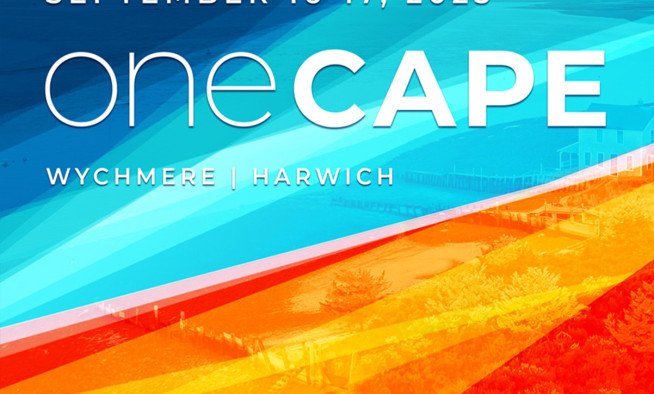Building Local and Regional Economies and Communities
OneCape 2025 sessions on economy, culture, and placemaking highlighted how fiscal health, vibrant downtowns, and creative communities are inseparable from Cape Cod’s future. Together, they made the case that building resilience isn’t just about housing, water, or climate, it’s also about identity, connection, and the cultural assets that make communities thrive.
Opening the conference, Joe Minicozzi of Urban3 demonstrated how land use and tax systems shape the financial destiny of a community, showing that compact, walkable development produces far greater returns than low-density sprawl. In Asheville, a single downtown redevelopment project increased property tax revenue by more than 3,000%, while suburban-style growth drained resources by consuming more infrastructure than it could support.
His lesson resonated strongly for Cape Cod, where infrastructure costs, housing pressures, and equity challenges are pressing. “Form follows finance,” Minicozzi argued, warning that without reforming fiscal systems, even the best housing or smart growth policies will falter. By adopting “geoaccounting” to measure true costs and benefits, towns can make better-informed choices. “We don’t have a data-driven conversation about our communities,” Minicozzi said. “We talk about feelings, not facts, but the math is simple and unavoidable.”
Michael Bobbitt, Mass Cultural Council Executive Director, reminded OneCape attendees that arts and culture are not a luxury but essential community infrastructure, “on par with housing, transportation, and climate resiliency.” The Mass Cultural Council’s recent Cultural Asset Inventory identified nearly 900 cultural organizations across the Cape and Islands, evidence of the sector’s scale and significance.
He highlighted programs like arts prescriptions, which improve health outcomes, and Card to Culture, the nation’s largest cultural access initiative, to show the measurable benefits of investing in creativity. “Arts and culture aren’t decorations,” Bobbit said, “they are the binding pattern that makes placemaking possible.” For Cape Cod, Bobbitt said, the arts extend the tourism season, revitalize historic structures, support local economies, and strengthen place-based identity.
Erin Barnes, President and CEO of Main Street America delivered a national perspective on the role of Main Streets in sustaining economic vitality and community identity. “Great places don’t happen by chance,” she said, “They take intention, care, stewardship and participation from everyone.”
She highlighted urgent challenges for Cape communities and beyond: a looming “silver tsunami” as 15% of Main Street business owners consider retirement in the next five years, and a housing crisis that threatens the very workers who keep local economies running. “When you realize that you’re losing the ability for municipal employees to live in your communities,” Barnes warned, “you’re beyond the point of it being a red flag. It’s a real housing crisis.”
Still, she emphasized that downtowns have “really good bones” and can thrive through adaptive reuse, second-story conversions, and creative financing, strategies that are already being explored across Cape Cod.
During a breakout session focused on building local economies through placemaking and the arts, local and regional leaders explored how the arts serve as both economic engine and community glue. Michael Bobbitt, Executive Director of the Mass Cultural Council, expanded on programs available through the agency, highlighting initiatives like the new Tribal Cultural Council program, the Arts Prescription program linking healthcare and the arts, and efforts to expand STEAM education and creative workforce development across Massachusetts. Julie Wake of the Arts Foundation of Cape Cod emphasized supporting creative workers and institutions as essential to sustaining the year-round economy. Jason Weeks of the Cambridge Arts Council illustrated how public art can transform spaces into civic hubs, while Cape Cod Commission Chief Planner Chloe Schaefer tied cultural investment to broader planning goals.
Related Posts




